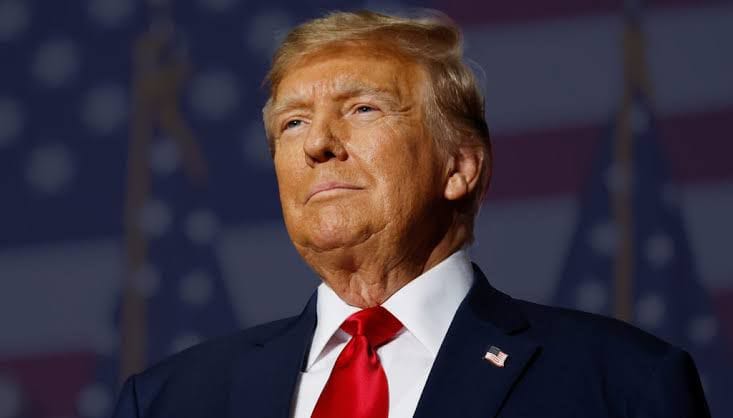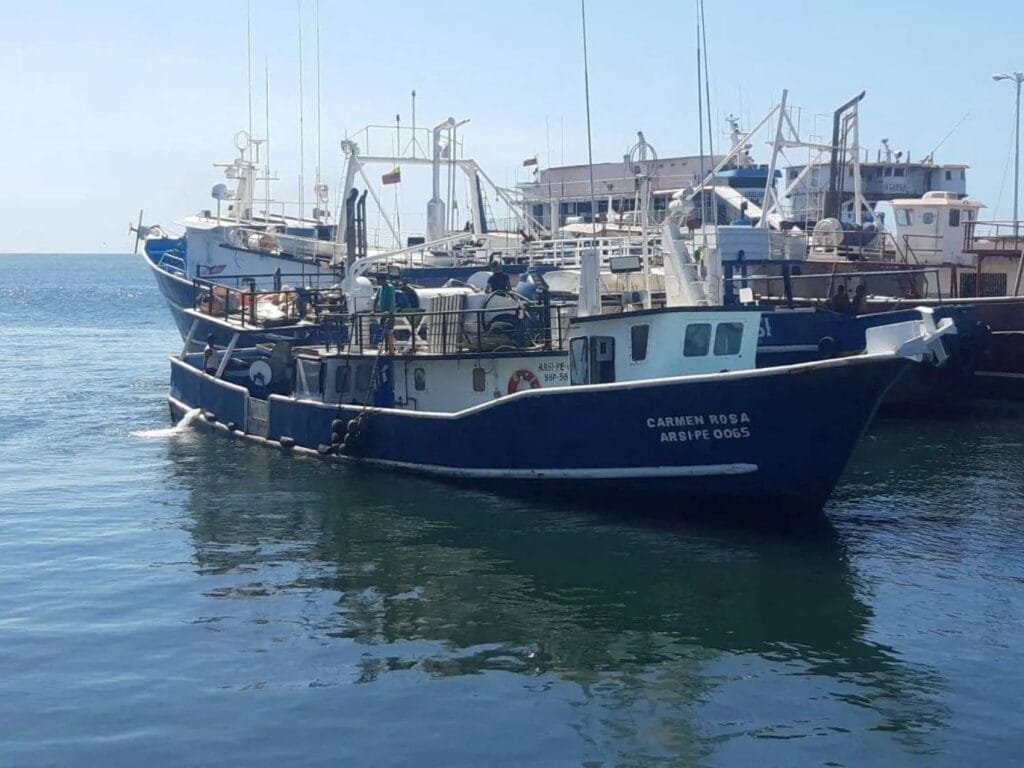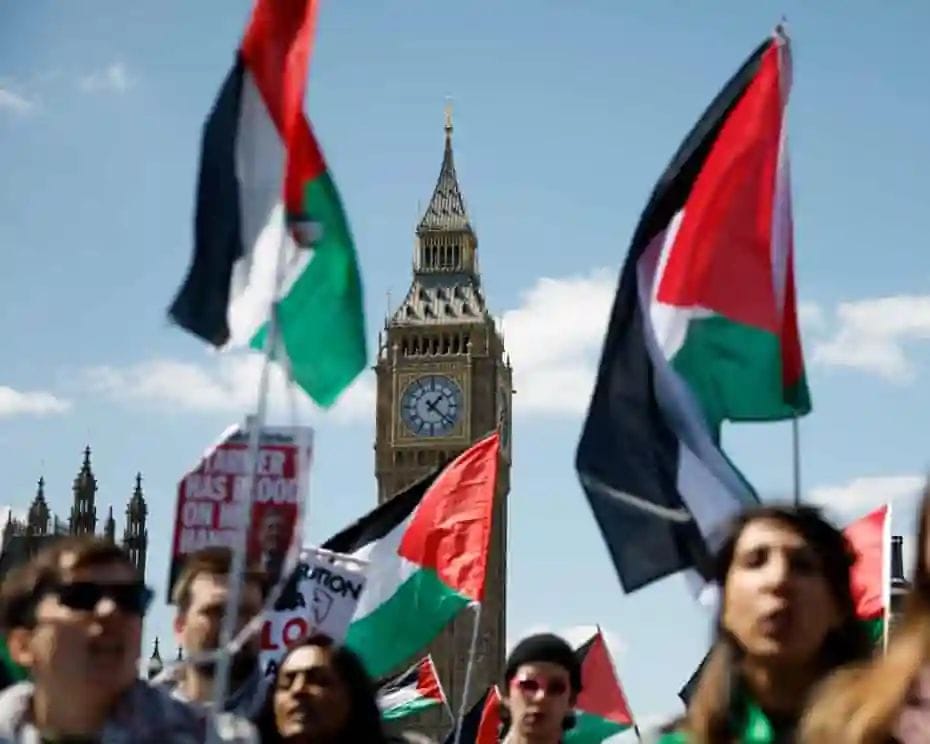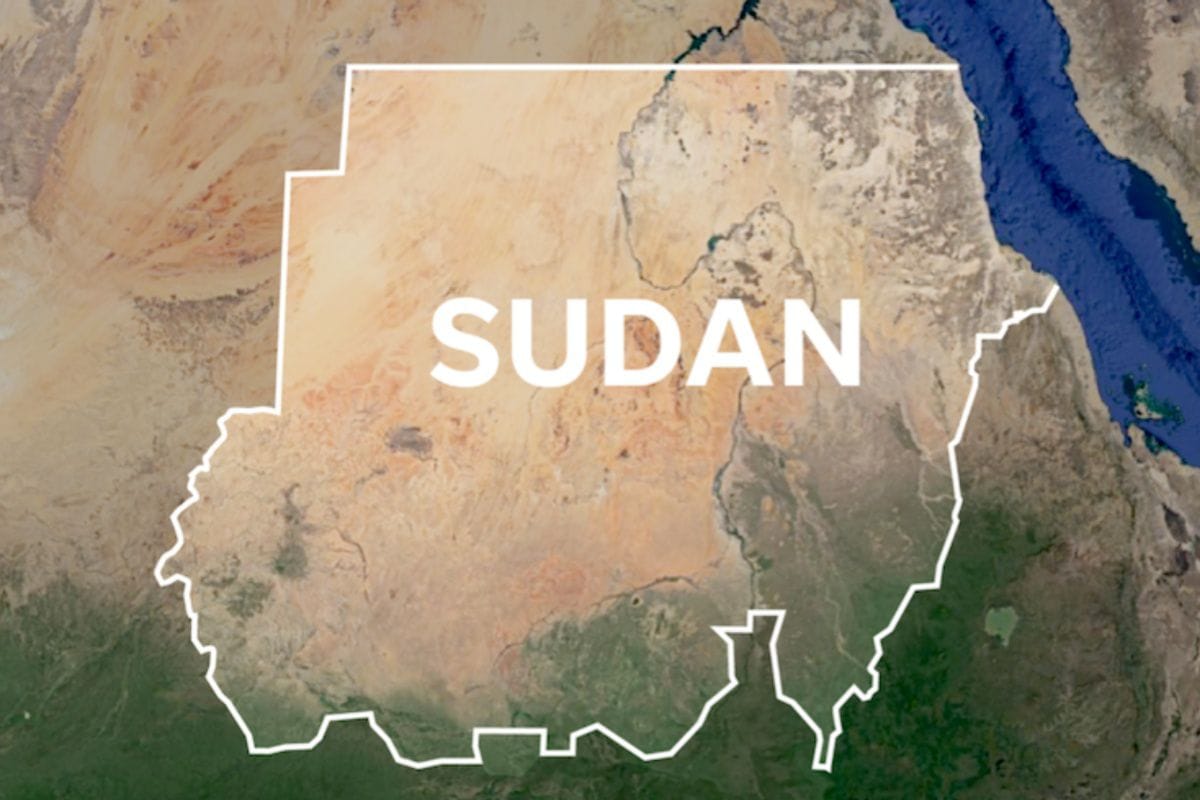President Trump warns of U.S. strike on Venezuela amid rising drug smuggling, emphasizing border security and anti-cartel military actions.
President Donald Trump on Sunday addressed reporters in Morristown, New Jersey, leaving the possibility of a U.S. strike Venezuela deliberately ambiguous.
His comments came as tensions between the U.S. and Venezuela intensified over the flow of narcotics and the activities of the Tren de Aragua gang.
Asked directly about military action against Venezuela, Trump said, “We’ll see what happens,” while emphasizing the administration’s focus on stopping the flow of drugs and gang activity into the United States.
“Venezuela is sending us their gang members, their drug dealers, and drugs. It’s not acceptable,” he stated, framing the potential strike as a matter of national security.
Decrease in Venezuelan Boat Traffic
Trump noted a significant reduction in boat activity off Venezuela’s coast following the deployment of additional U.S. naval assets.

“There’s certainly not a lot of boats out there… there’s been very little boat traffic,” he explained.
The decrease, he suggested, demonstrates early effectiveness in U.S. efforts to combat Venezuelan drug smuggling and disrupt operations by Tren de Aragua and other criminal networks.
When questioned about the potential for further strikes on drug-smuggling vessels, Trump reiterated, “We’ll see what happens,” underscoring a cautious yet firm stance in the Caribbean.

Trump Venezuela Tensions and Maduro’s Response
The president also addressed concerns over escalation from Venezuelan President Nicolás Maduro, who has criticized U.S. actions as illegal. Trump emphasized that the true illegality lies in the narcotics being trafficked.
“What’s illegal are the drugs on the boat, and the drugs being sent into our country… that’s what’s illegal,” he said, citing the millions of Americans affected by drug-related deaths each year.
These comments came amid rising Trump Venezuela tensions, following a U.S. strike earlier this month that targeted a Venezuelan drug vessel in the southern Caribbean, reportedly killing nearly a dozen suspected Tren de Aragua members.
Venezuela responded by accusing U.S. Navy personnel of boarding a tuna boat with nine fishermen in its territorial waters, a move that Maduro denounced as an act of aggression.
Recent U.S. Military Measures
The United States has taken multiple steps to curb narcotics flow from Venezuela. In August, Trump ordered the deployment of warships to the Caribbean, citing the fight against powerful drug cartels.
The administration has also accused Maduro of leading a Maduro drug cartel responsible for smuggling large quantities of narcotics into the U.S., doubling the reward for his capture from $25 million to $50 million.
In addition, the Trump administration designated major drug organizations—including Tren de Aragua and the Sinaloa Cartel—as foreign terrorist organizations earlier this year.
These designations allow for enhanced law enforcement actions, signaling Washington’s intent to confront the groups militarily and legally.
Allegations and Disputes
While the U.S. government claims the targeted vessels carried gang members and narcotics, Venezuelan officials have strongly denied these accusations.
Interior Minister Diosdado Cabello called the strike “a tremendous lie,” asserting that the victims were not involved in drug trafficking.
Maduro’s government has also accused Washington of violating Venezuelan sovereignty, adding fuel to escalating Trump Venezuela tensions.
Despite the disputes, Trump insisted that the U.S. approach focuses on stopping drugs before they reach American shores.
“A lot of drugs are coming out of Venezuela. A lot of Tren de Aragua,” he said.
“They’re trying to get out, but we’re stopping them successfully at the border in Venezuela.”
Strategic Implications of a U.S. Strike Venezuela
Experts say Trump’s cautious language on the U.S. strike Venezuela serves both as a warning and a strategic signal to Maduro.
The U.S. aims to disrupt smuggling networks while avoiding full-scale conflict, sending a message that further illegal activities could trigger decisive military responses.
The deployment of U.S. warships and increased naval presence has broader regional implications, reinforcing American control over key maritime routes in the Caribbean and deterring future smuggling attempts.
It also positions the U.S. to respond rapidly if Maduro escalates or threatens American interests in the region.
Domestic Impact and Policy Focus
Trump highlighted the human cost of drugs in the United States, emphasizing the administration’s domestic priorities.
By combining military readiness with law enforcement strategies, the U.S. seeks to reduce the inflow of narcotics, dismantle gangs like Tren de Aragua, and safeguard American communities.
The president’s remarks underline the dual approach of deterrence and targeted action.
By maintaining a visible military presence while coordinating intelligence and border enforcement, the U.S. aims to minimize illegal trafficking while sending a firm warning to Venezuela.
A Delicate Balance
The situation between the U.S. and Venezuela remains tense. Trump’s statements signal readiness for a U.S. strike Venezuela, while leaving open room for negotiation and monitoring.
The administration’s focus on combating Venezuelan drug smuggling, confronting Tren de Aragua, and countering the Maduro drug cartel illustrates a multi-faceted strategy combining military, legal, and diplomatic tools.
As U.S.-Venezuelan relations continue to evolve, analysts will be watching both the maritime routes and diplomatic channels closely, assessing whether further action will be necessary to prevent the flow of narcotics and maintain stability in the Caribbean.


